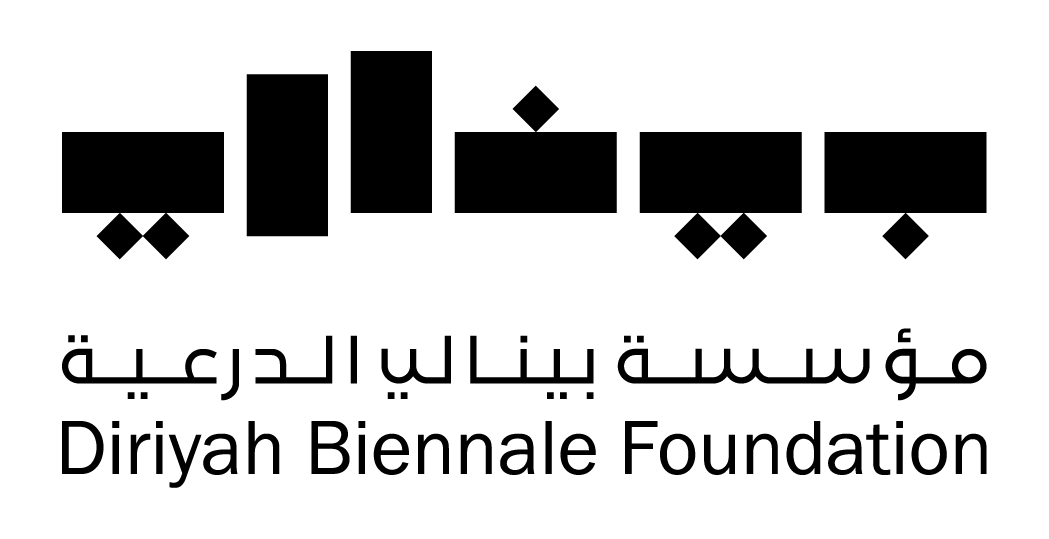Cities of Tomorrow: The Future of Art in the City of Tomorrow

As we design cities focused on efficiency—optimizing traffic flow, perfecting services, and refining infrastructure—where does this leave art and culture? In our push towards a future dominated by automation and precision, we risk overlooking the creativity that brings vibrancy to urban life. What will the future hold for art and artists in these streamlined cities?
Join us as in a vibrant discussion where we'll explore how urban environments can nurture, rather than silence, the creative spirit essential to innovation.
Presented By
Moderator: Abdelkader Damani
Abdelkader Damani is an architect and curator. His educational background spans 2 continents, from studying architecture in Oran, Algeria, to art history and philosophy in France. He has led various art programs, including the Lyon Biennale of Contemporary Art, and curated significant events like the Dakar Biennial. He was the Director of the Frac Centre-Val de Loire from 2015 to 2023, where he organized multiple Orléans Architecture Biennials and the first Rabat Biennial in 2019. In 2023, he became the Director of the Irqah Creative Art Laboratory in Riyadh.
Dima Attar
Dima is a Saudi Landscape Architect experienced in landscape, public realm, and urban design, having worked on projects ranging from small gardens to large-scale master planning. Her background includes roles at Aecom Arabia, Jeddah Economic Company, and Roshn.
Turki Gazzaz
Born in 1988 in Jeddah, Saudi Arabia, Turki Gazzaz has diverse experience in architectural design, academia, research, and real estate development. He co-founded Bricklab, a research-driven interdisciplinary design studio with his brother, focusing on how societal elements influence architecture. Their work has been featured at the Venice Biennale and other international venues.
Abdulrahman Gazzaz
Abdulrahman Gazzaz, also from Jeddah, co-founded BRICKLAB with his brother Turki after earning his degree in architecture from The University of the West of England. The studio integrates architecture with social, political, and economic elements to develop focused research projects that respond to their contexts.
Notes
In association with Roshn

